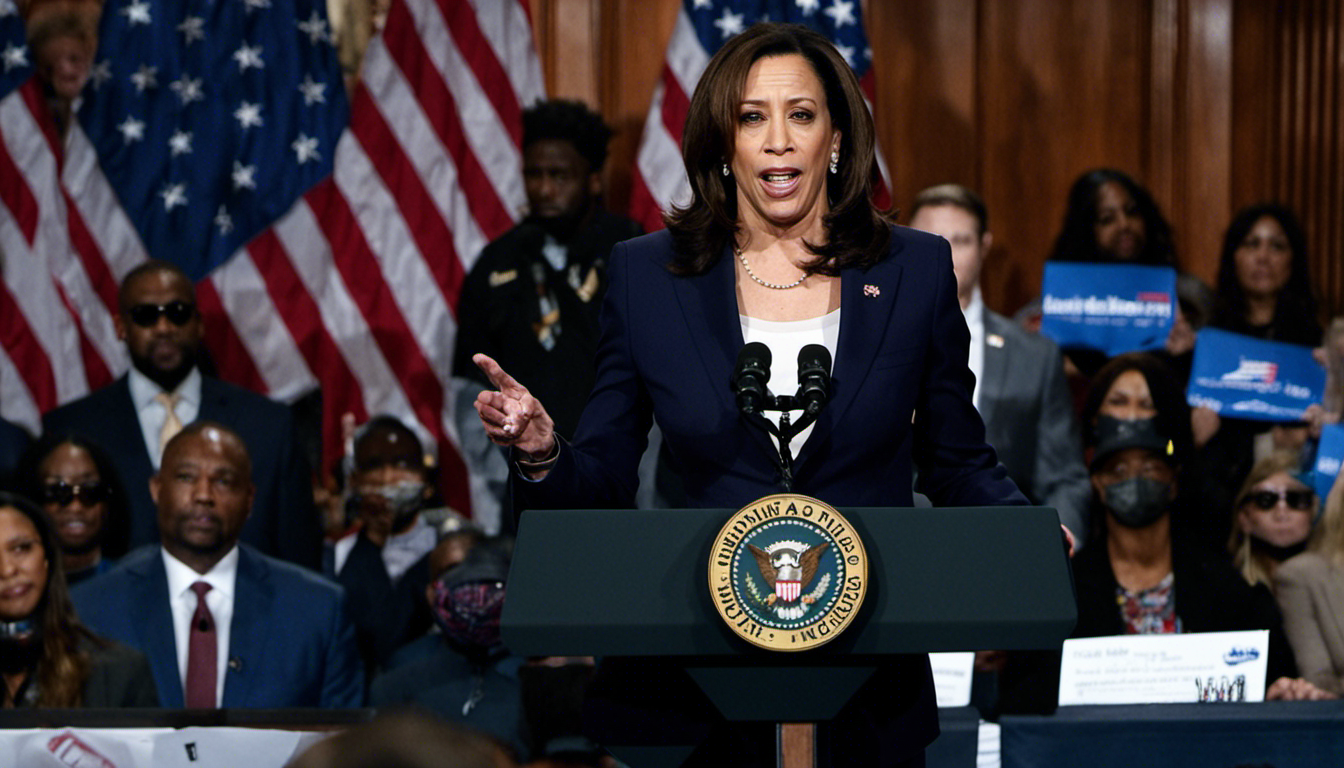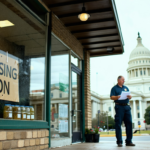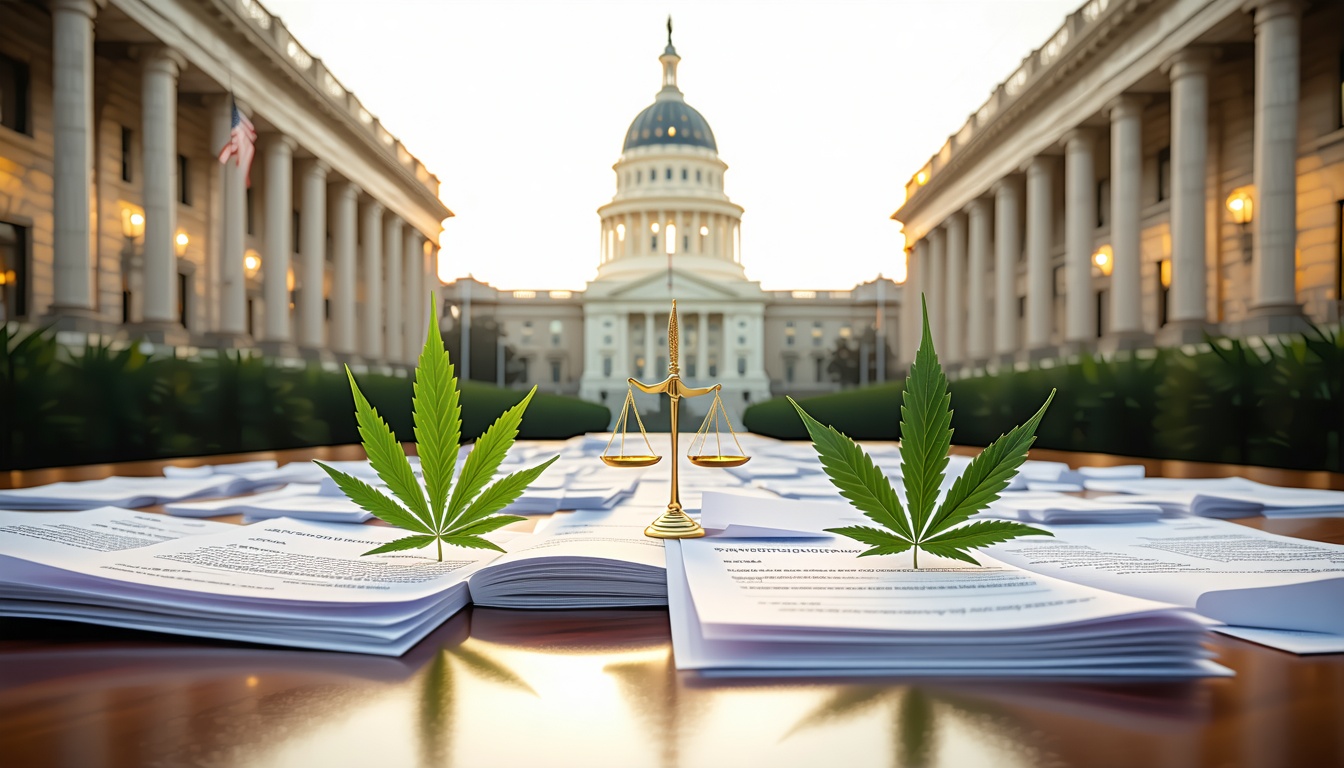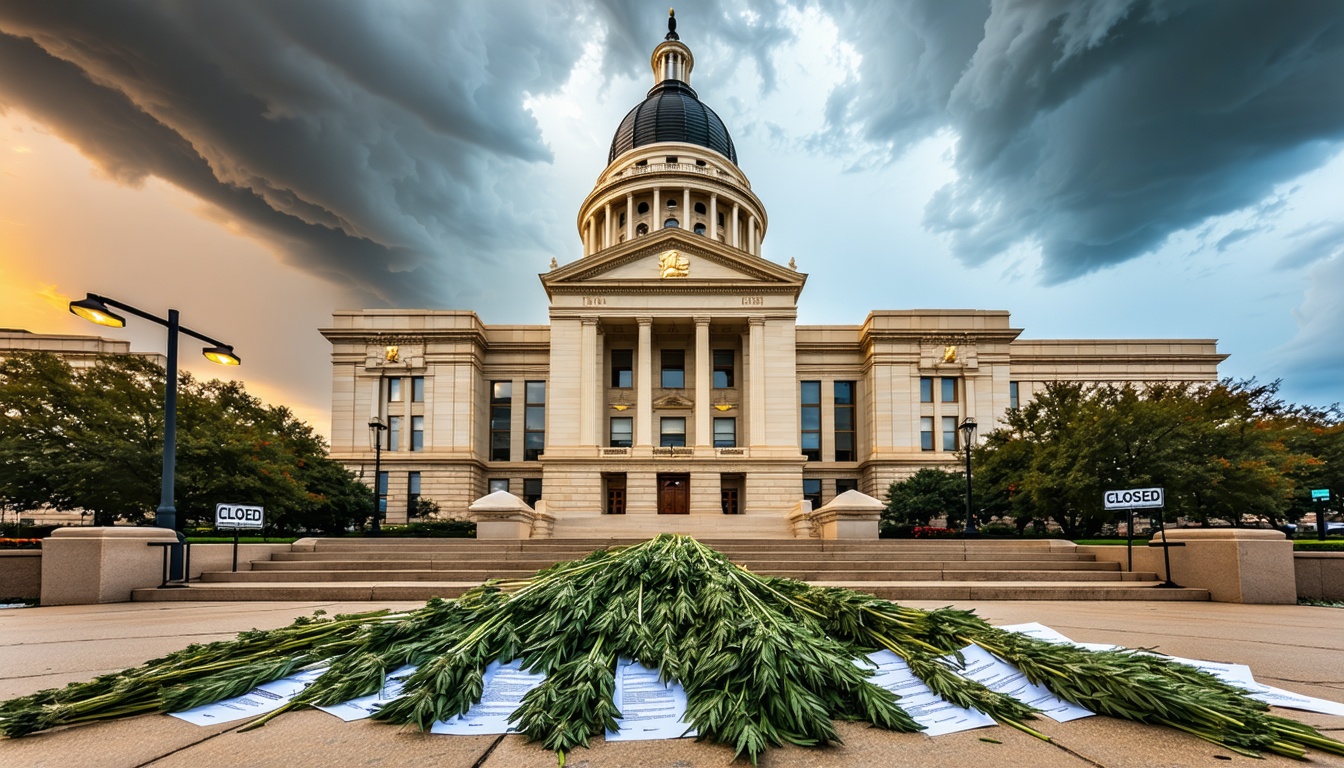Vice President Kamala Harris Blames Marijuana Rescheduling Delay on DEA ‘Bureaucracy’
In a recent town hall event, Vice President Kamala Harris attributed the delay in the administration’s marijuana rescheduling effort to federal bureaucracy, specifically at the Drug Enforcement Administration (DEA). Harris, the Democratic presidential nominee, also pushed back against claims that her pro-legalization stance is at odds with her record as a prosecutor and California attorney general.
Harris mentioned that the process of reclassifying marijuana has been slower than the administration would like due to the DEA’s bureaucratic red tape. “There’s a certain level of bureaucracy that exists in the federal government that slows things down,” she said. “But essentially, to bring down how weed is classified – how marijuana is classified, to make it classified as a lesser harm – that took some time.”
The vice president also defended her record as a prosecutor, stating that she was a champion for bringing marijuana down on the Controlled Substances Act (CSA) and reducing the harm caused by its criminalization. “My pledge is, as president, I will work on decriminalizing it, because I know exactly how those laws have been used to disproportionately impact certain populations, and specifically Black men,” she said.
Harris’s comments come as the Justice Department has recommended rescheduling marijuana, but the DEA has scheduled a hearing on the proposal for December 2, after the presidential election. This has raised concerns that the process may not be completed until after a new president is inaugurated.
Separately, Harris was asked about criticism of her record as a prosecutor who oversaw certain cannabis-related prosecutions. She denied allegations that she targeted and locked up thousands of Black men for marijuana offenses, saying that she was the most progressive prosecutor in California on marijuana cases and would not send people to jail for simple possession of weed.
Harris has previously expressed frustration with the bureaucratic process of rescheduling marijuana and has called on the DEA to expedite the process. She has also privately promoted her pro-legalization message during a roundtable event with presidential marijuana pardon recipients.
The vice president’s comments on marijuana rescheduling and her record as a prosecutor are part of her broader effort to win over African-American voters and address issues of racial justice and criminal justice reform. Her campaign has pledged to legalize marijuana nationally and ensure that the safe cultivation, distribution, and possession of recreational marijuana is the law of the land.












